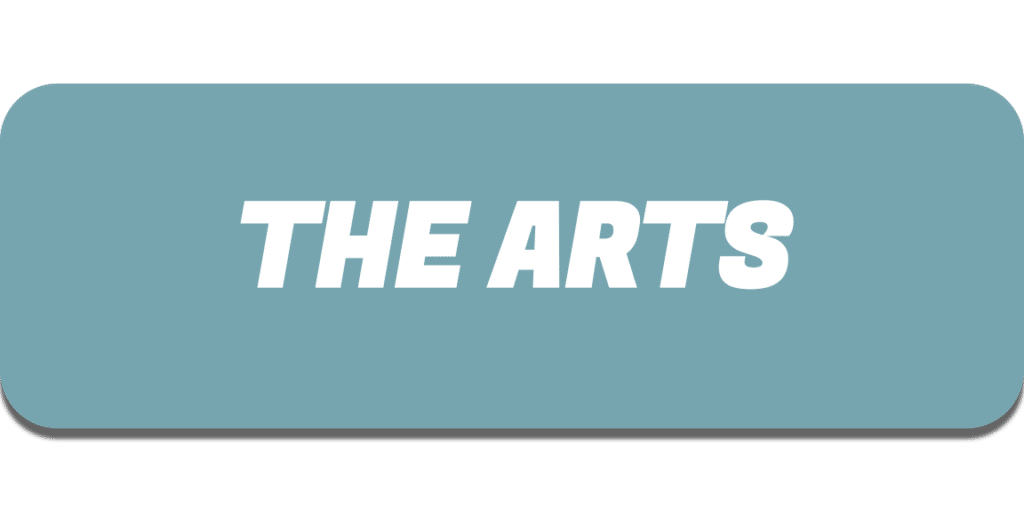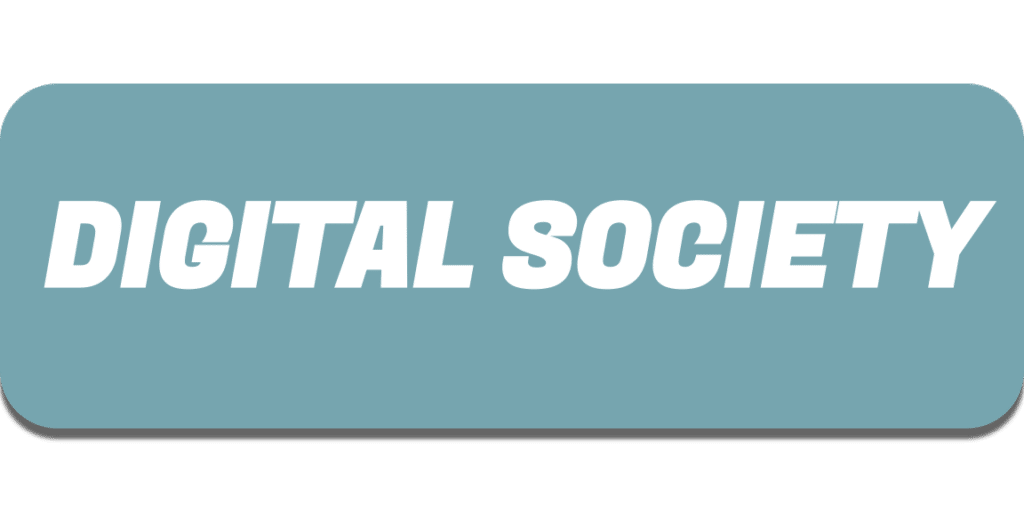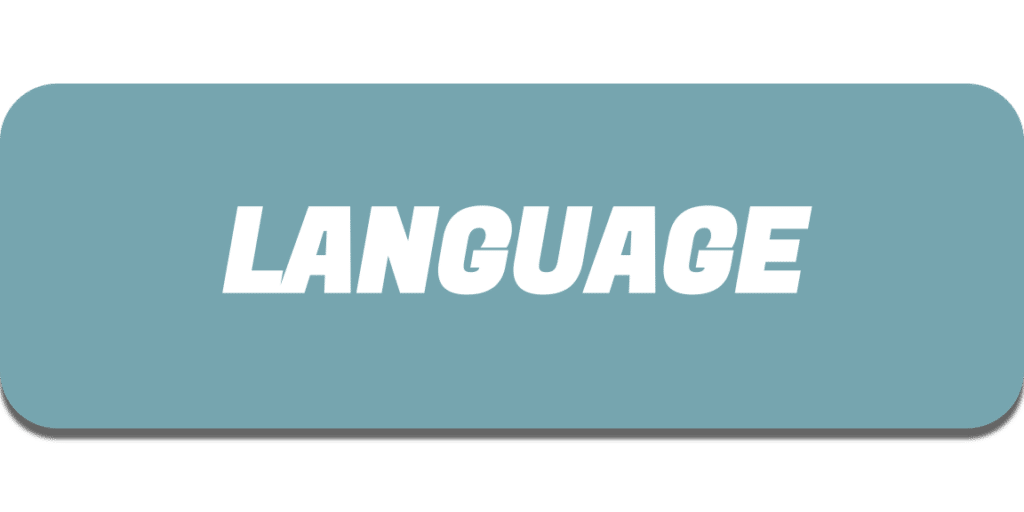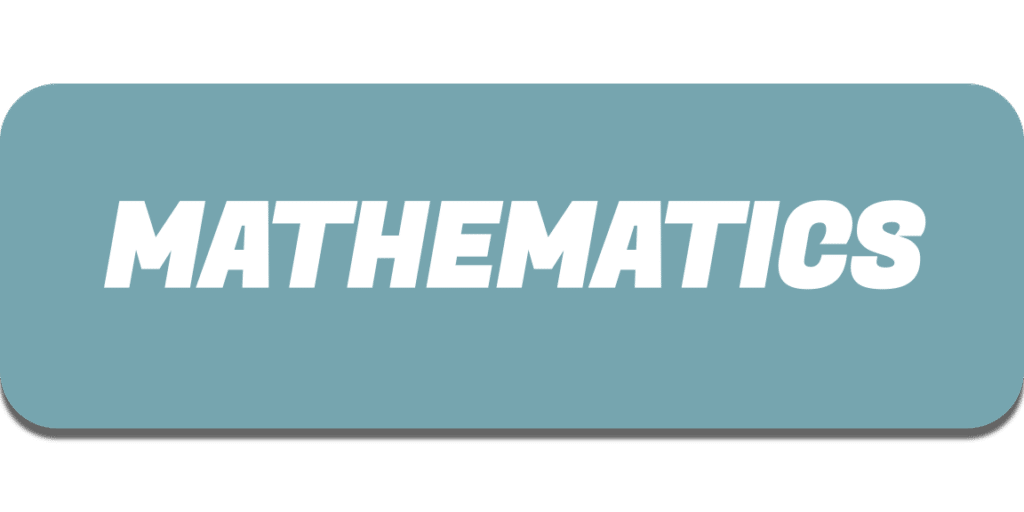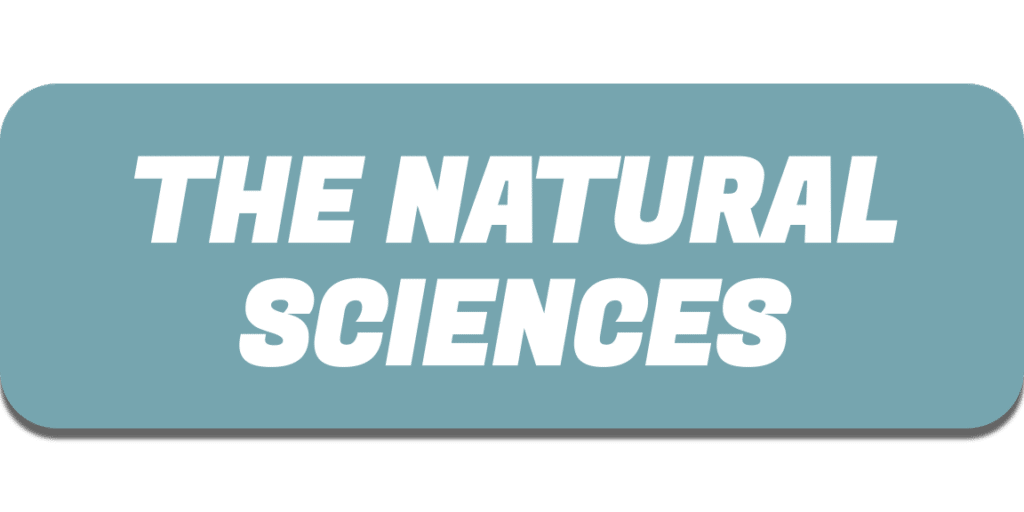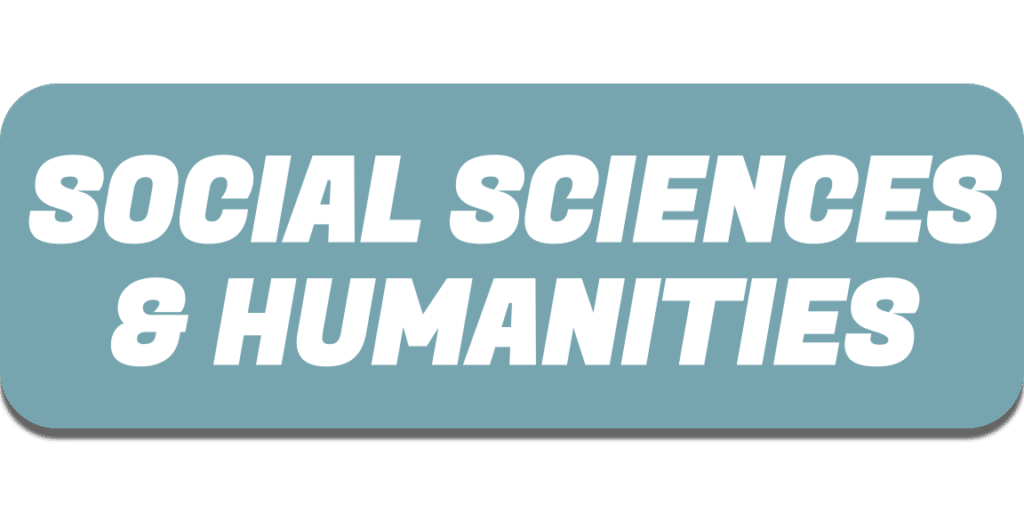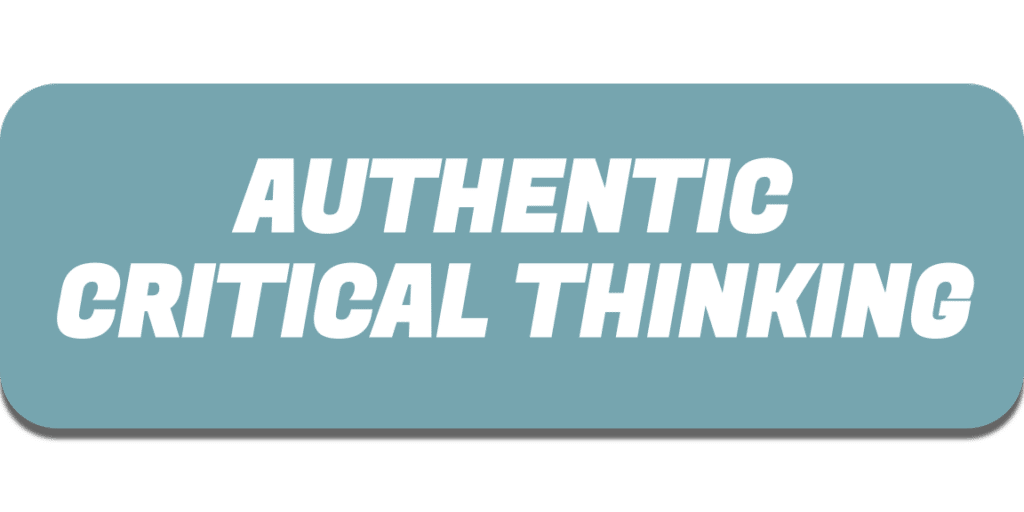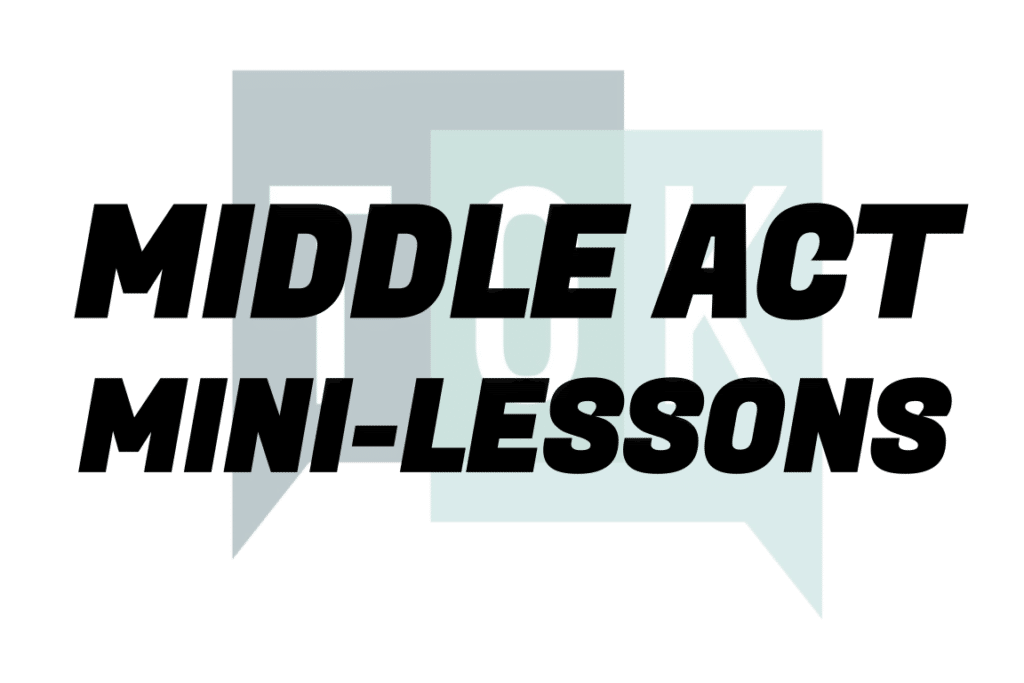
Our Middle Years ACT mini-lessons enable any teacher to run thought-provoking learning activities, link their subject to contemporary issues and events, and encourage students to challenge their assumptions about the world.
The mini-lessons are based on stories featured in the middle-years newsletter, so you can access them by subject area below, or by date here. To see our definition of each subject area, visit this page.
Access the middle years mini-lessons
The mini-lessons enable you to develop students’ authentic critical thinking, run meaningful PSE sessions, deliver relevant and up-to-date Global Perspectives lessons, and provide material to help students carry out extended projects. They’ll also help develop to prepare students for the IB Diploma, A-Levels, or other final high school programmes. See our definition for the different subject areas here.
Download the latest free middle ACT mini-lessons
Click on the links below to take you some of the latest middle ACT mini-lessons. Members of the site receive 8 ACT mini-lessons every month, which can be used by any teacher to develop authentic critical thinking, link lessons to contemporary global events, and explore epistemological issues.
The 8 comparative concepts
The 8 comparative concepts are ideas of particular usefulness to us as authentic critical thinkers. As much as possible, we try to build our newsletter stories and mini-lessons around them. You can then use them to ask questions about knowledge, such as the ones you see below.

In which subject area are we able to make the most certain claims about knowledge and understanding? Why does this variance exist? Does language allow us to be more certain about knowledge? Can certainty bring disadvantages in terms of our understanding of the world?

How does the nature of the subject areas differ in different cultures? Do mathematics and science transcend cultural differences? Do the arts deal with culturally universal concepts? Does the way we understand the world depend on the language we speak?

Which subject is most and least affected by different perspectives? How do our religious and political perspectives shape our worldview? Do our perspectives determine our language use? What forms our perspectives, and should we seek to escape them?

How does power affect the way knowledge is produced within the subject areas? In what ways can language be used to consolidate power as ideas are communicated? How does political and religious power influence the way we understand the world?

Join us to deploy the ACT continuum
Members have access to a huge range of ACT & TOK resources, including classroom-ready courses, TOK and ACT newsletters, TOK and ACT mini-lessons, Investigating Issues, TOK Padlets, 12 Key Concepts, and many more engaging, innovative resources!
Join in seconds via this page, and set up your whole school with a resource that will help you to become a hub of authentic critical thinking.
